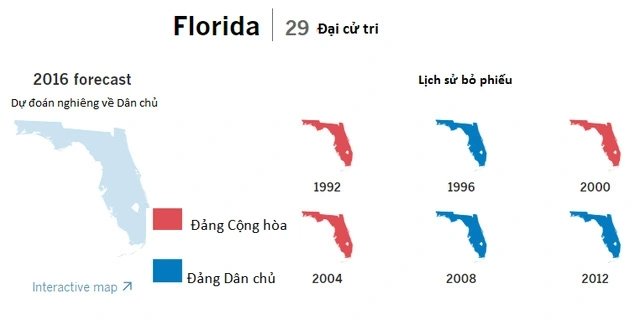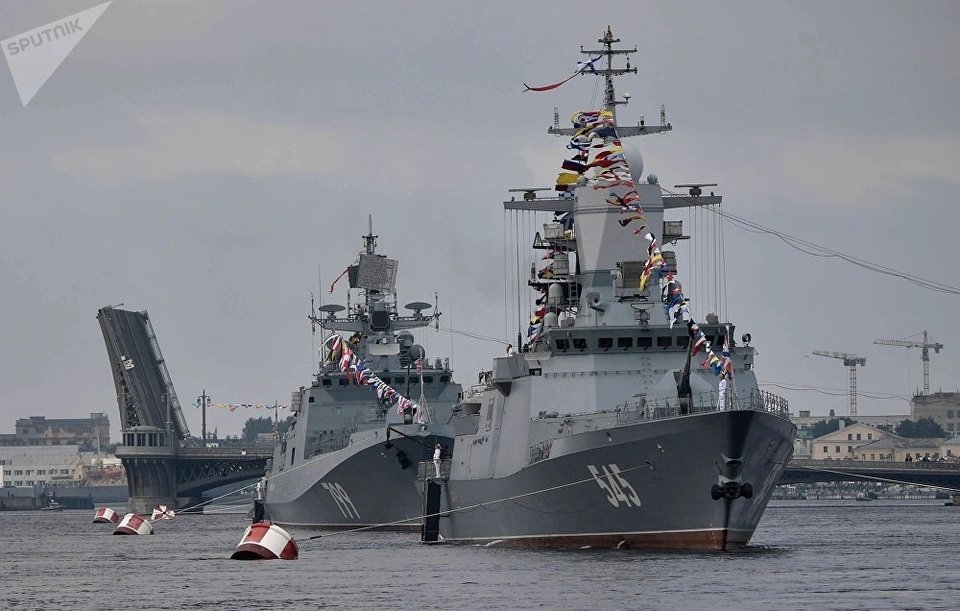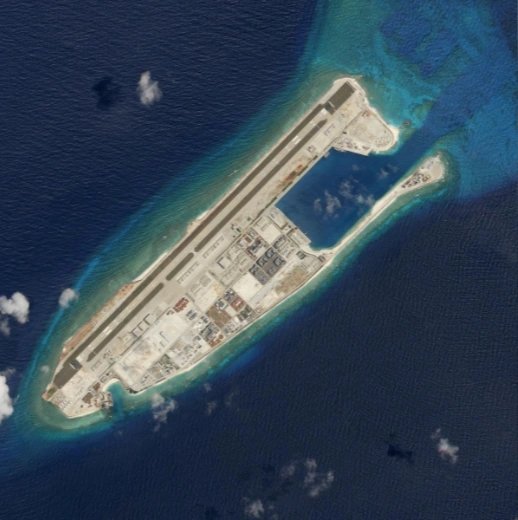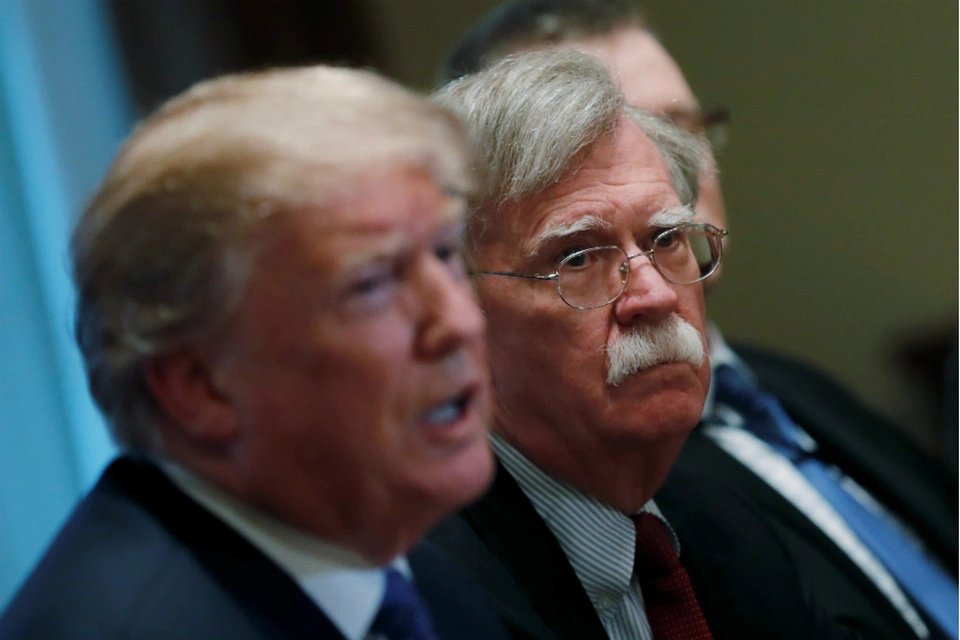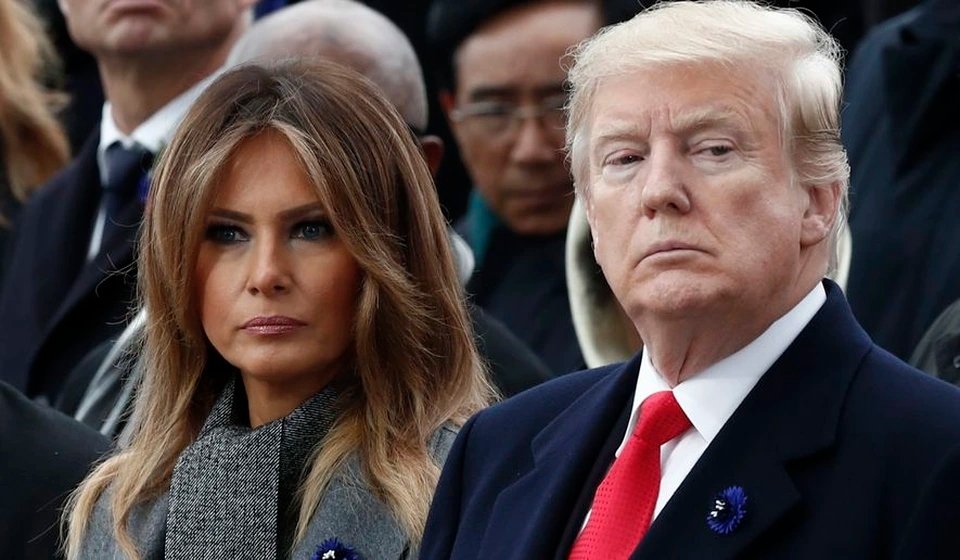
On the morning of June 13, the National Assembly discussed in the hall about socio-economic issues and 2018 budget settlement.
Ms. Nguyen Thi Xuan, representative of Dak Lak province, mentioned the imbalance between pork supply and demand, pushing up prices and not being able to be resolved for more than a year.
Mr. Hoang Quang Ham – member of the Finance and Budget Committee said, price regulation cannot be done by administrative orders, but must be based on market measures.
The recent phenomenon of pork prices not falling even though the authorities continuously issued `orders` to reduce them, Mr. Ham analyzed, it is necessary to study whether this price increase is due to production or circulation.
`If necessary, the State economy must support it. We should not, as in recent times, have said that people can only eat cheap pork on TV,` Mr. Ham emphasized.
Mr. Hoang Quang Ham – member of the Finance and Budget Committee.
Ms. Nguyen Thi Yen – Deputy Secretary of the Ba Ria – Vung Tau Provincial Party Committee, Mr. Pham Van Hoa – Deputy Head of the Dong Thap Provincial Delegation commented, `The Government needs to take measures to restock and stimulate supply without importing to self-sufficiently.`
After the African cholera epidemic, businesses had no breed to supply to the market, so pork prices increased very high.
Analyzing the cause of high pork prices despite the `order` to reduce from the Government, leaders of the Agriculture and Industry and Trade sectors at many previous meetings said that it is mainly due to supply and demand.
According to Mr. Do Thang Hai – Deputy Minister of Industry and Trade, the supply of pork is still lacking due to objective factors as the herd has not been restocked in time after the African swine fever epidemic.
It is estimated by the agricultural industry that, with the speed of herd rebuilding after the African swine fever epidemic, it will take until the end of the fourth quarter for the amount of live pigs sold to meet domestic meat consumption demand.
Besides, the retail price of pork depends on the price of live pigs, that is, the higher the price of live pigs, the higher the retail price to consumers increases accordingly.
To compensate for the lack of meat, the Government agreed to allow the agricultural sector to import 100,000 tons of pork, but in fact by the end of May, only about 67,000 tons could be imported.

